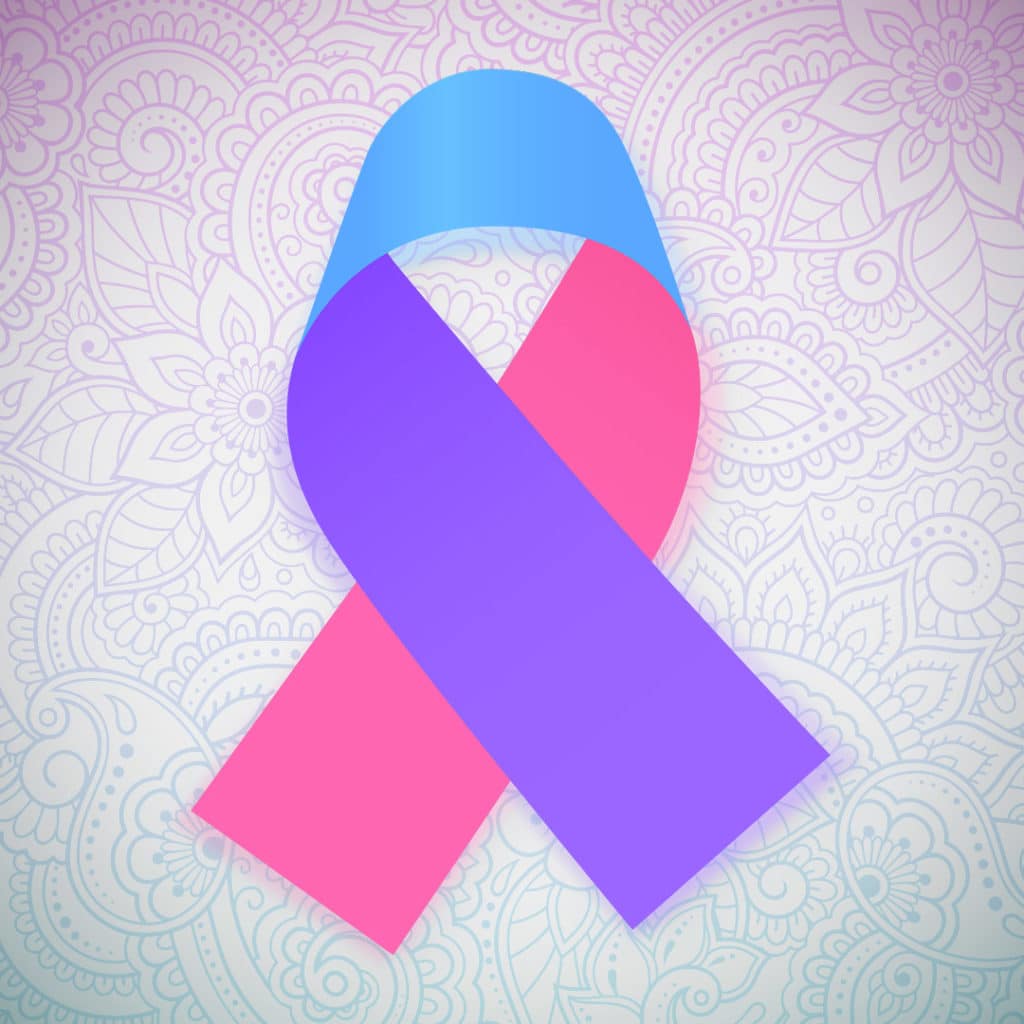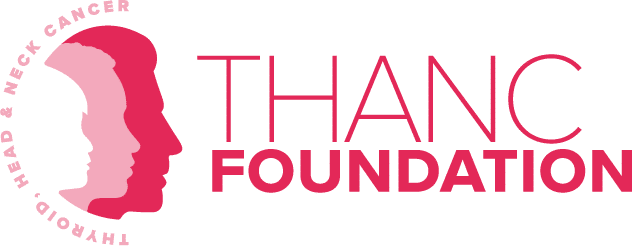
I was diagnosed with papillary thyroid cancer in October 1995. After meeting thyroid cancer patients and caregivers online, I realized that many thyroid cancer patients were not getting the quality of care that they should be receiving.
Sixteen survivors including me, and one doctor came together and decided to create a community to better inform thyroid cancer patients, and help provide mutual support. And, this is how ThyCa: Thyroid Cancer Survivors’ Association (ThyCa) was born. Being a part of this community means that we aren’t alone in our cancer journey. We can communicate with others who understand our frustrations, our confusion, our concerns, and our fears.
Over the years, I’ve recruited the top medical experts in thyroid cancer management and research to advise us and to share their knowledge about all types of thyroid cancer with our community
As a co-founder of ThyCa, I want to maintain our original mission of improving the way we receive medical treatment, offering easy access to education about our cancer, and providing thyroid cancer support services. ThyCa’s goals also include improving worldwide physician awareness of our organization so that doctors will make their patients aware of ThyCa’s services and resources.
As time passed, we recognized the need for a full-time Executive Director due to ThyCa’s tremendous growth as a provider of educational and support services. I was fortunate to assume this position. Over the years, I’ve recruited the top medical experts in thyroid cancer management and research to advise us and to share their knowledge about all types of thyroid cancer with our community. ThyCa offers free educational, medically-reviewed materials. To help expand our outreach in local communities, we have more than 100 face-to-face support groups, numerous electronic discussion groups, and an increasing social media visibility to help people find us. I work closely with numerous volunteers as a fellow thyroid cancer survivor, and I continue to facilitate a monthly face-to-face support cancer support group, which I initiated in 1999 in my community.
In the future, I plan for ThyCa to develop new programs, and sustain, and strengthen our existing services and resources for our members. We will continue to work closely with medical professionals to ensure the quality of our materials, and to encourage medical experts to offer their knowledge of thyroid cancer for second opinion consultation.
I hope that our annual conference will continue to provide an environment where patients and doctors can learn from one another and help empower patients to be more in control of their care. We want to make sure patients know about changes in thyroid cancer care guidelines so they receive the best necessary care. Furthermore, we want to help non-specialist physicians, who care for the majority of thyroid cancer patients, receive education from thyroid cancer specialists about the changing standards of care.
ThyCa needs to meet people at the beginnings of their journeys in order to help them be knowledgeable enough about their thyroid cancer to get the best care they can. We continue to meet more people with thyroid cancer every day. We share our support services and information programs with them, hopefully improving their journeys, and quality of life.

Will You Share Your Story?
September is Thyroid Cancer Awareness Month. As part of that theme, we post stories written by thyroid cancer survivors, caregivers and medical professionals for our 30 Stories in 30 Days™ campaign. The insights they share can help others along their journey.


